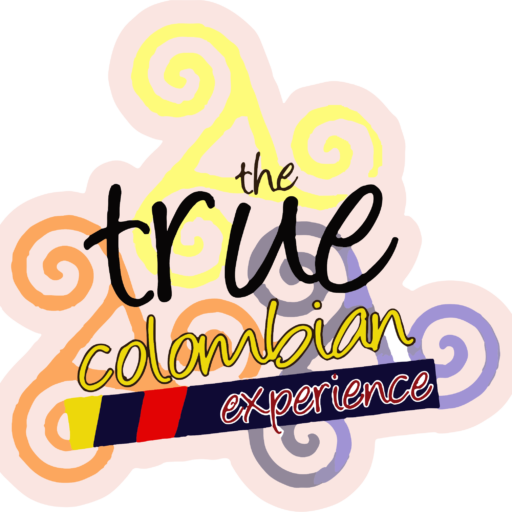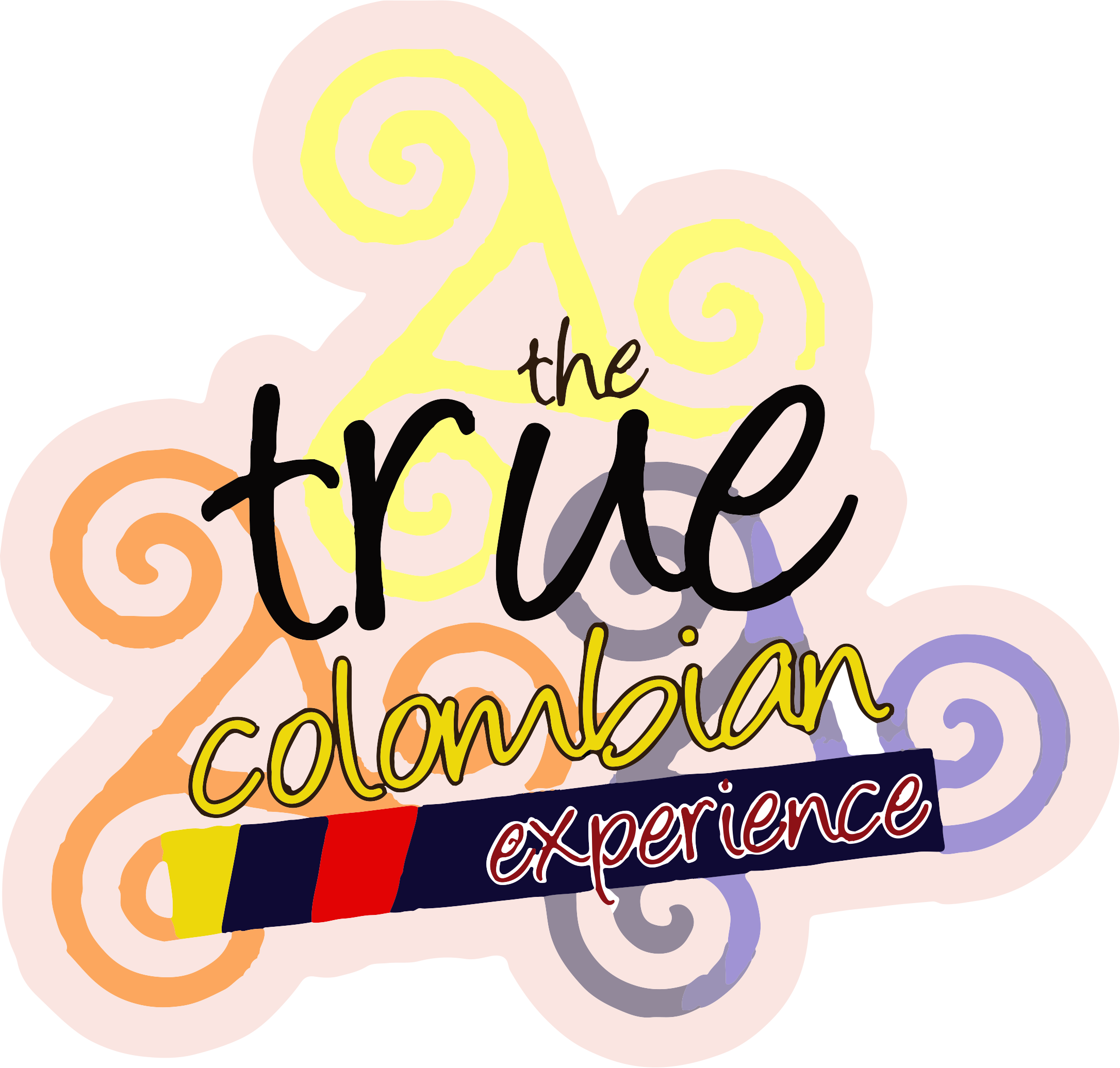We were in a gigantic field, I had no idea what this was like before arriving. Umbrellas twirled to the beat of the drums, seeming to signal a great battle was imminent. People began to raise everything they had: team scarves and city flags, twirling them in the air as they stood on the stadium chairs. And they began to sing the songs in unison.
At first, we were all distant and immersed in our cell phones. I personally glanced at the guide once or twice on our way to the venue. When we got there, everything changed immediately. Our entire attention was absorbed by the colossal stadium and the streams of people. Everyone was outside, some eating arepas, others skewers of meat and sausage; many drinking beer, and others even aguardiente. The atmosphere was magical and enveloping. I decided to buy a team jersey to sing along to. Our guide offered us two polas (a type of beer that Colombians call beer), and began to explain about the team, its players, its current position in the tournament, its history, and more. Step by step, I became one of the crowd. I heard the songs louder and louder as the line to enter the campground lengthened. So, when we were inside, standing in front of that green grass mat, I felt like this wouldn’t be just another tour. It was one of those I was already used to taking on all my trips. Here, the people filled you with energy. Suddenly, men and women alike were jumping around; we were here mingling with the Colombians; excited and truly transformed into a group of fellow Bogotá residents. This was what most of us had come here looking for. We were all shouting and jumping for joy; we looked at each other and hugged. The Bogotá team had achieved a feat that felt like our own. I was face to face with everyone in the group and also with strangers from the place; everyone was shouting and pulling at our shirts in excitement. Then I realized that we were no longer that group of foreign tourists from countries so far away from Colombia, countries like Canada and the United States that didn’t give much importance to soccer, as we called it; but rather, we had been transformed by Colombian identity, by that Latin blood that had flooded us with its chants and cries of “goal, damn it.” I could finally understand these phrases that said the risk in Colombia was that you could feel alive and it would make you want to stay.
By Fredy Calderón






